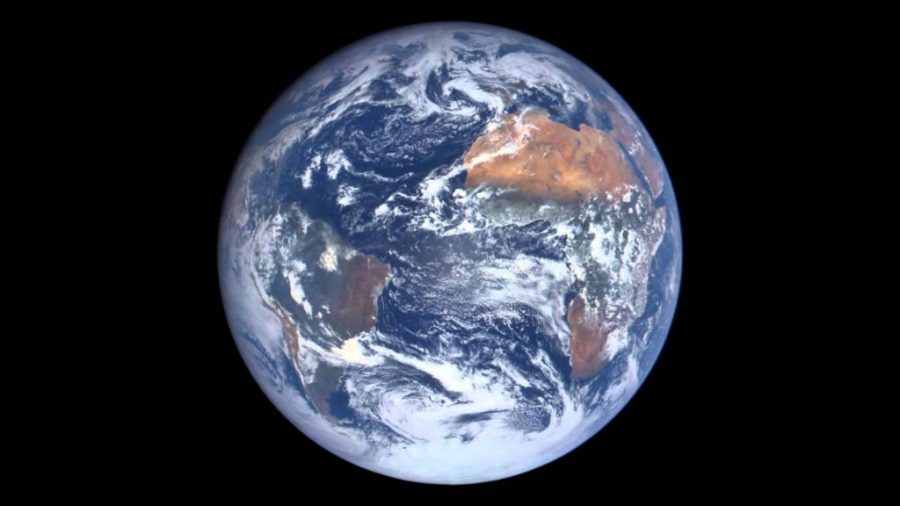Our changing climate doesn’t care about free markets, unfettered capitalism or whether or not you’re a registered Republican or Democrat. While implementing an effective climate reduction policy is usually centered around economics, a new study published in the journal, Nature, has found that if the world increases 2.5 degrees Celsius in temperature as projected, financial assets worth $2.5 trillion will be lost by 2100, and there would be considerable harm to local and global economies.
The study also asserts that this figure is a conservative one, as the research relies on historical data from countries around the world on how increased temperature has affected productivity. Productivity and wage losses from sea level rise, storms, ocean acidification or any other side effects that will occur due to climate change has not been considered into this model. With this conservative estimate, climate change is projected to lower the average global income 23 percent by 2100.
A study published by the Pharmaceutical Journal further enforces this idea by indicating that a rise in global temperatures will decrease crop productivity in dry and tropical regions causing food shortages/malnutrition, droughts and disease (such as malaria from disease-carrying mosquitoes and other pests), all of which will cost the world an exorbitant amount of money to combat.
In addition, swaths of forests the size of Panama are being cut down annually, which will negatively impact the herbal and pharmaceutical industry giants. Americans spend $200 billion per year on prescription drugs and $20 billion on herbs and supplements. Forty percent of our medicines are derived from plants — for example, in the United States, of the top 150 prescription drugs, at least 118 are based on natural sources, according to the Center for Biological Diversity. Pharmaceuticals is a big business with a lot money at stake, but more than that, our life depends on these businesses and our ecosystems to be healthy. If the habitat for these pharmaceuticals ceases to exist, the medications will also cease to exist — or the prices for the drugs will be astronomical.
Although the rich may still have access to the medications, no one is immune to the economical consequences of climate change. Extreme weather events, rising sea levels, drier agricultural conditions and increasing temperatures will destroy financial assets and reduce economic productivity; and no society will be exempt.
Society can no longer afford to justify inaction under an economical guise; it is our fiduciary responsibility to invest in a cleaner future so we can mitigate the economic harm of our delayed inaction. The cost to our health, budget, environment and economics is too great if we continue on this “business as usual” paradigm.


